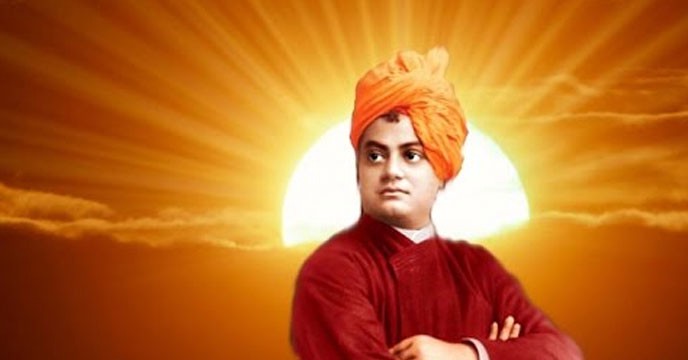Swami Vivekananda
If you wish to be a true reformer, three things are necessary. The first is to feel. Do you really feel for your brothers? Do you really feel that there is so much misery in the world, so much ignorance and superstition? Do you really feel that men are your brothers?
Does this idea come into your whole being? Does it run with your blood? Does it tingle in your veins? Does it course through every nerve and filament of your body? Are you full of that idea of sympathy? If you are, that is only the first step.
You must think next if you have found any remedy. The old ideas may be all superstition, but in and round these masses of superstition are nuggets of gold and truth. Have you discovered means by which to keep that gold alone, without any of the dross? If you have done that, that is only the second step; one more thing is necessary.
What is your motive? Are you sure that you are not actuated by greed of gold, by thirst for fame or power? Are you really sure that you can stand to your ideals and work on, even if the whole world wants to crush you down? Are you sure you know what you want and will perform your duty, and that alone, even if your life is at stake?
Are you sure that you will persevere so long as life endures, so long as there is one pulsation left in the heart? Then you are a real reformer, you are a teacher, a Master, a blessing to mankind. But man is so impatient, so short-sighted! He has not the patience to wait; he has not the power to see. He wants to rule, he wants results immediately.
Why? He wants to reap the fruits himself, and does not really care for others. Duty for duty’s sake is not what he wants. “To work you have the right, but not to the fruits thereof,” says Krishna. Why cling to results? Ours are the duties. Let the fruits take care of themselves. But man has no patience. He takes up any scheme. The larger number of would-be reformers all over the world can be classed under this heading.
The idea of reform came to India when it seemed as if the wave of materialism that had invaded her shores would sweep away the teachings of the sages. But the nation had borne the shocks of a thousand such waves of change. This one was mild in comparison. Wave after wave had flooded the land, breaking and crushing everything for hundreds of years. The sword had flashed, and “Victory unto Allah” had rent the skies of India; but these floods subsided, leaving the national ideals unchanged.
The Indian nation cannot be killed. Deathless it stands, and it will stand so long as that spirit shall remain as the background, so long as her people do not give up their spirituality. Just as in the West, even the man in the street wants to trace his descent from some robber-baron of the Middle Ages, so in India, even an Emperor on the throne wants to trace his descent from some beggar-sage in the forest, from a man who wore the bark of a tree, lived upon the fruits of the forest and communed with God.
Excerpted from The Complete Works of Swami Vivekananda; Volume 4; My Master. The 157th birth anniversary of Swami Vivekananda is being observed on January 12.







